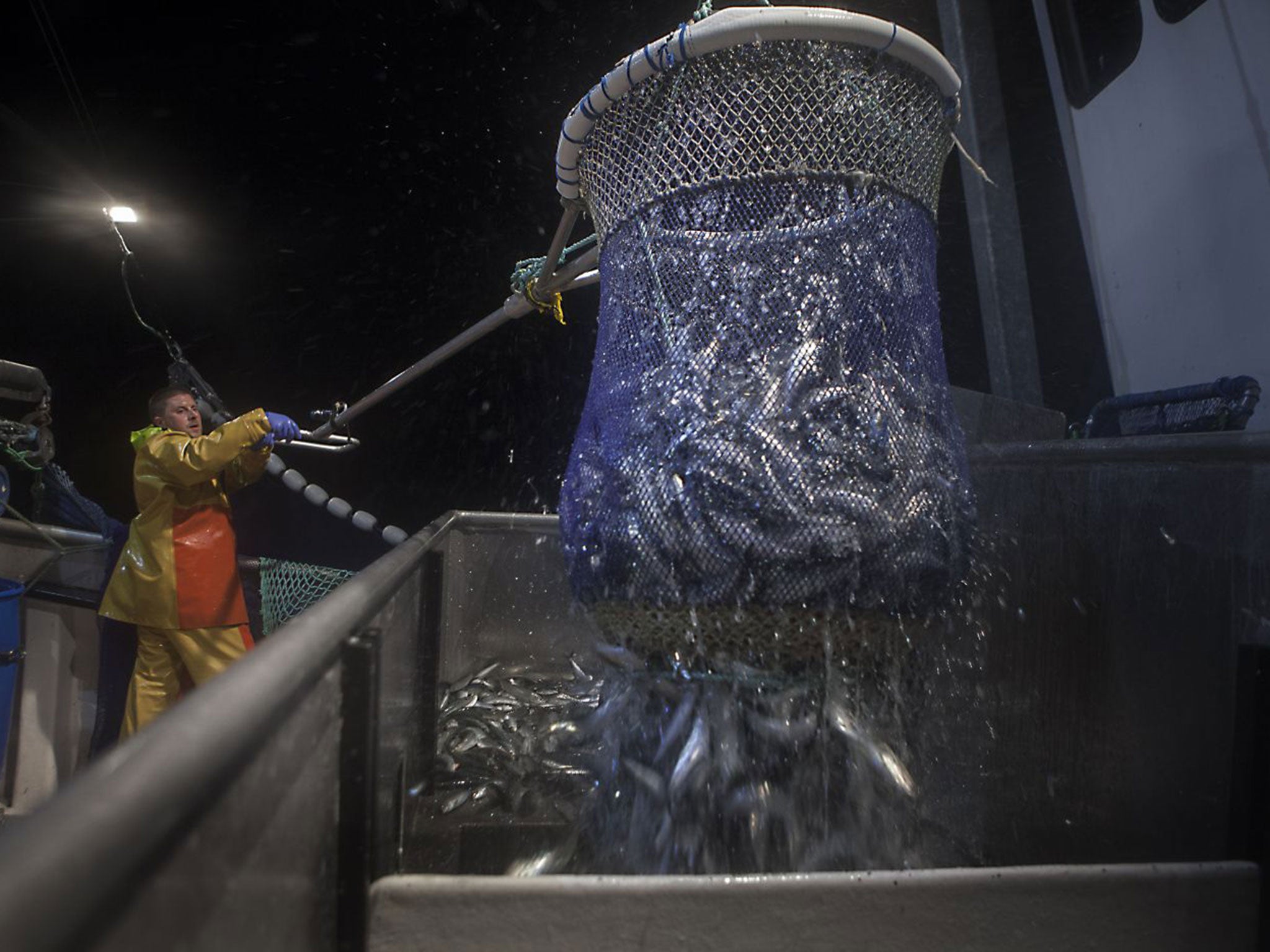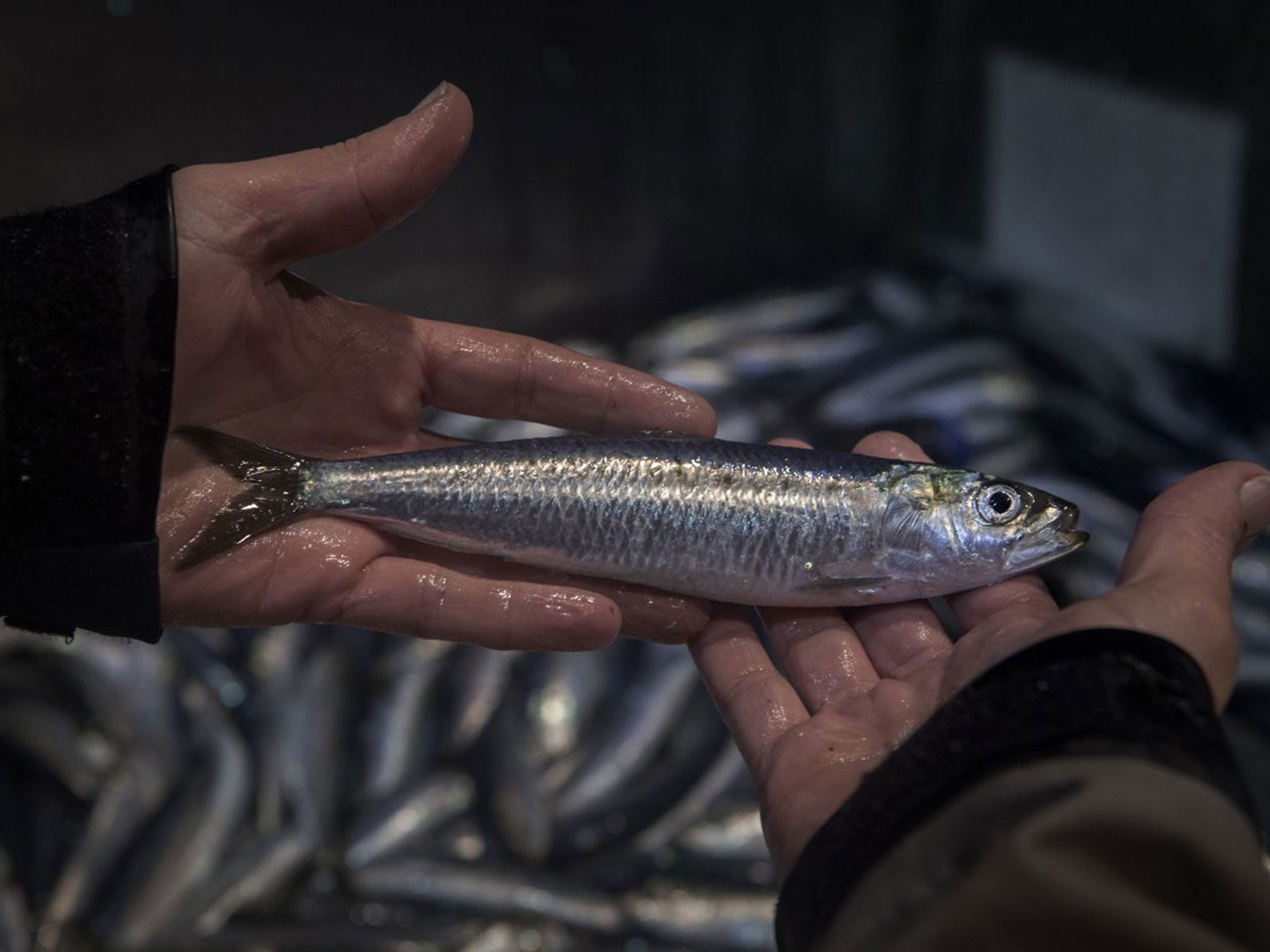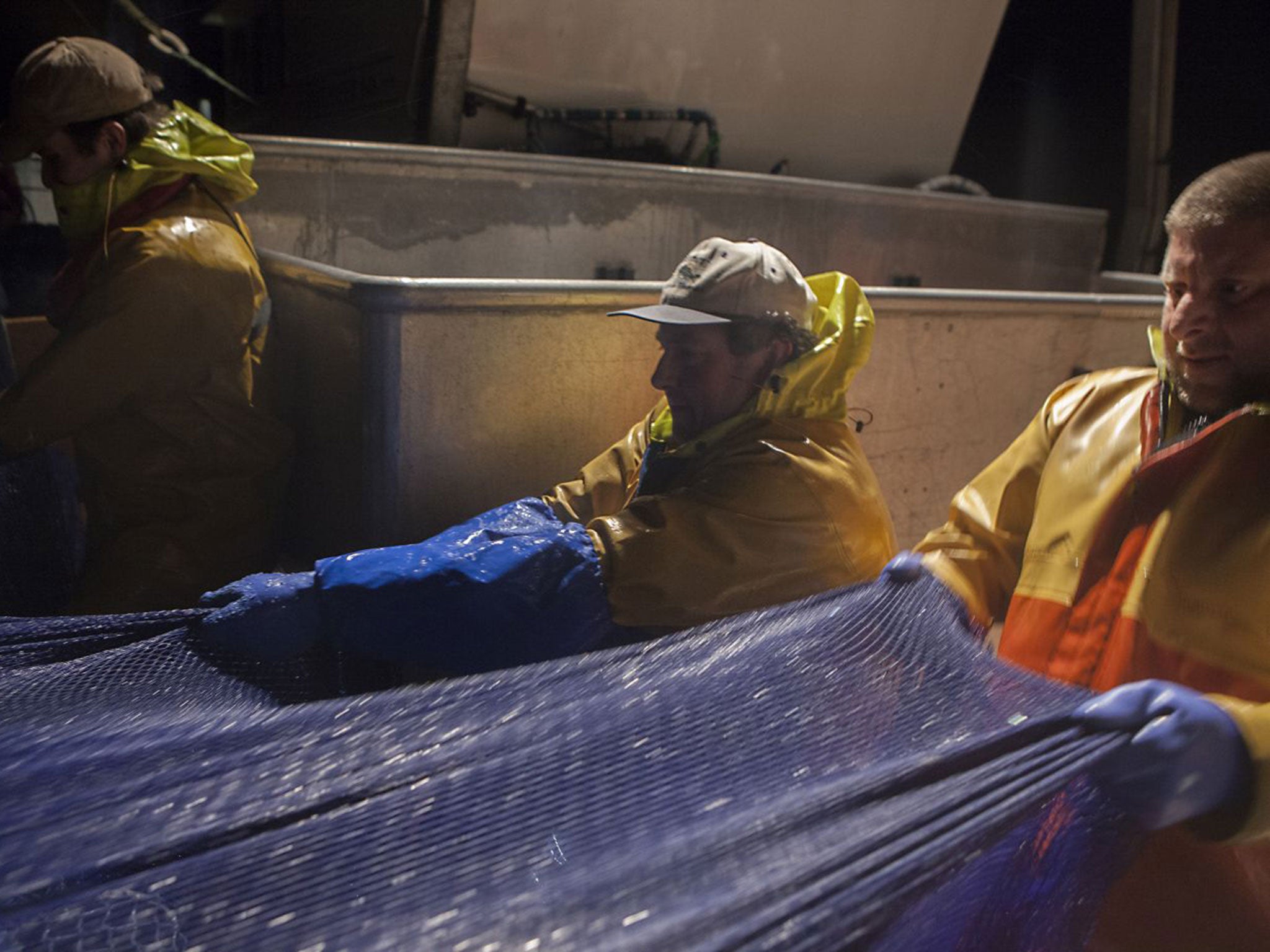When is a pilchard not a pilchard? When it's a sardine! Sales of the once-neglected fish are booming, thanks to rebranding
Waitrose has reported a 19 per cent rise in sales of the once-forgotten fish, while high-end restaurants have put them back on the menu

Your support helps us to tell the story
From reproductive rights to climate change to Big Tech, The Independent is on the ground when the story is developing. Whether it's investigating the financials of Elon Musk's pro-Trump PAC or producing our latest documentary, 'The A Word', which shines a light on the American women fighting for reproductive rights, we know how important it is to parse out the facts from the messaging.
At such a critical moment in US history, we need reporters on the ground. Your donation allows us to keep sending journalists to speak to both sides of the story.
The Independent is trusted by Americans across the entire political spectrum. And unlike many other quality news outlets, we choose not to lock Americans out of our reporting and analysis with paywalls. We believe quality journalism should be available to everyone, paid for by those who can afford it.
Your support makes all the difference.Peter Bullock has been fishing the choppy waters off the southern tip of Cornwall for more than 20 years. It's only relatively recently, though, that the skipper of the St Asthore has started taking the 46ft trawler out at night from Newlyn in search of sardines.
After decades of decline, sales of sardines are booming again; Mr Bullock and his two young deckhands have their work cut out. And it's during the hours of darkness that the slippery, six-inch fish congregate off St Michael's Mount in vast shoals.
Waitrose has just reported a 19 per cent rise in sales of the once-forgotten fish, while high-end restaurants from Jamie Oliver's Fifteen to Duck and Waffle in the City of London and Rick Stein's Seafood Restaurant have put them back on the menu.
"The chap that started it all about 10 years back was called Nutty Noah. He lived down the coast and bought an old ring net from France and set out to catch pilchards, which he re-branded as Cornish sardines. In the end, he caught so much he actually sank his boat under the weight," said Mr Bullock, 39, as we left harbour.

Before Nutty Noah came along, the fish was marketed as the pilchard. It was salted and sold in vast quantities during the 19th century, however, tinned salmon imports from Canada and the arrival of Pacific tuna had all but killed the industry by the 1990s. The fisherman admits, though, that the two fish are "essentially the same": a pilchard is just a sardine that is more than six inches long.
Either way, turning them into Cornish sardines was "a piece of marketing, pure and simple", he says. It was a sales wheeze that would have delighted Charles Saatchi. A few years ago there were no sardine boats at Newlyn; now the St Asthore is joined by five rival boats as we set out to sea. This season is the seventh year he has fished for sardines, and he has often brought in as much as 20 tonnes of fish a night. The fishery is certified by the Marine Stewardship Council and backed by Greenpeace.
"It's the rebranding that's made pilchards really popular," explains the skipper as he spots a shoal on his sonar and prepares his crew to "shoot" the ring net around them. "You just have to think of the romance of a sardine on the barbecue and think of the Mediterranean."
Bringing in the fish, which come close to the surface at night to feed, is a frantic affair, during which Peter Bullock abandons the cockpit, puts on his waterproofs and joins his crew hauling in the nets. The reward, after 45 minutes of silent working, is a load of about four tonnes.
Watching is Jeremy Ryland Langley, the fisheries and aquaculture manager at Waitrose. He's the man responsible for taking endangered Atlantic salmon off the shelves of the store in the 1990s. More recently he brought in a sustainability and fish traceability policy that has won plaudits from Greenpeace.

For him this fishery is ideal. "The oceans are vital to our existence as a species and, for most of us, fish is the last truly wild food we'll eat, so getting this right is crucial. What we love about this fishery and Peter's boat is that we know the fishermen, we know exactly where they are fishing and we know the fish stocks here are healthy."
A hundred miles away on the north Devon coast, the story is very different. When the European Commission cut fish quotas, the Government's Marine Management Organisation imposed a temporary ban on ray fishing which threatens to cost the area £100m a year. In Ilfracombe, a brand new £300,000 trawler has sat idle having never been to sea, while at Appledore the fish dock has closed until at least the end of December.
Newlyn has its problems, including an outdated fish market without an internet connection. But the sardine population has remained strong, as the skipper of the St Asthore explains, because the north Cornish coast "doesn't have the harbours to support sardine boats". This means there is a ready-made reserve which acts as a "breeding stronghold" for the species.
And last month an EU-backed study found that smaller fish such as sardines had benefited from the over-fishing of larger predator fish, such as sea bass, ray and John Dory.
For fish buyers like Ryland Langley, "part of [this] problem is that it is easy to buy cheap fish if you don't care where it comes from. What's hard for people like me and shoppers, is that it's really hard to buy ethically sourced, high-quality fish that you can trace exactly to a single fishery. That's what we have here and that's what we should all be asking for at the fish counter."
Join our commenting forum
Join thought-provoking conversations, follow other Independent readers and see their replies
Comments